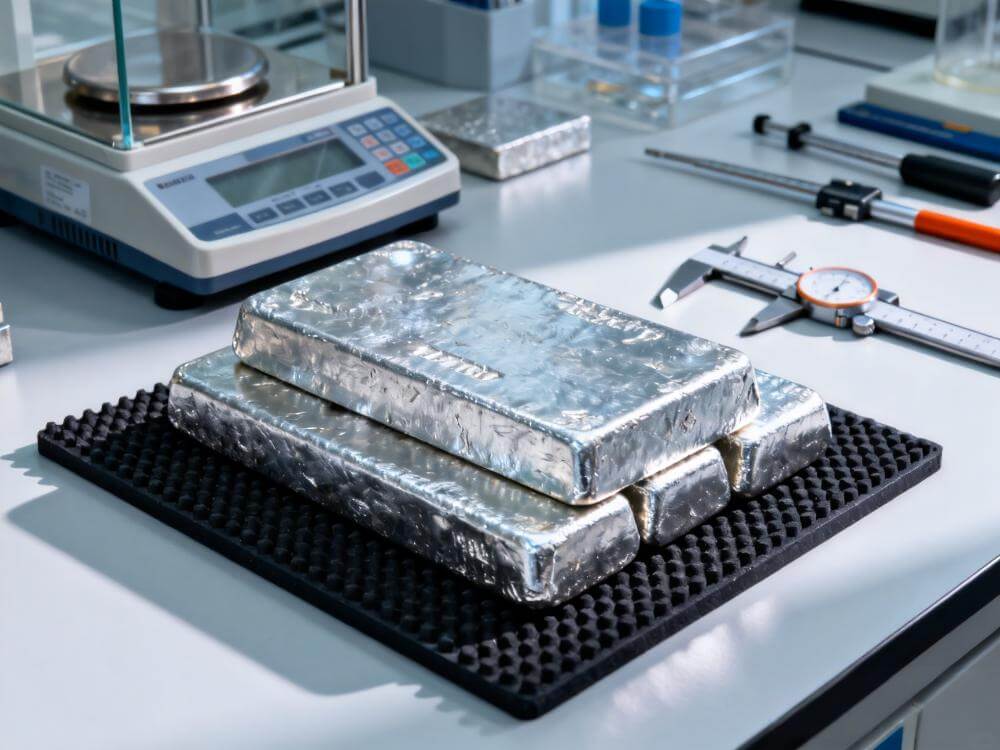According to Nikkei Asia, Apple plans to produce 96 million iPhone, units in the first half of 2021, up 30% from the same period last year, due to strong demand for the iPhone 12, the first 5G phone released by Apple during the novel coronavirus epidemic.
However, if there is a shortage of key components throughout the supply chain, this may hinder the achievement of this goal. To that end, equipment manufacturers are racing to acquire enough key components, especially semiconductors and display components.
Apple aims to increase iPhone production by 30% year on year in the first half of next year.
Apple is said to have asked suppliers to build 95 million to 96 million iPhone, units in the first half of next year, including the iPhone 12 series, iPhone 11 and iPhone SE.
Preliminary full-year forecasts shared by Apple and its suppliers show that the company plans to build 230 million iPhone, models in 2021, including old and new models, according to people familiar with the matter. This means that iPhone shipments in 2021 will be 20 per cent higher than in 2019. However, this goal may be adjusted as consumer demand changes.
"production plans for the next two quarters have been confirmed, and the outlook is quite bright," said an executive at one of Apple's major suppliers. "sales of iPhone 12 Pro and iPhone 12 Pro Max are particularly stronger than we expected, while demand for iPhone 12 is in line with forecasts, but iPhone 12 mini is a little weak."
Apple's smartphone shipments have fallen for two years in a row in 2018 and 2019. But this year, although novel coronavirus's epidemic has hit the economy and slowed the development of iPhone 12, the decline in Apple smartphone shipments has been relatively limited. Apple shipped about 116 million iphone units in the first nine months of this year, down just 1 per cent from a year earlier, according to (IDC), a research firm.
Apple's smartphone shipments this year have been largely boosted by the iPhone 12 series. Demand for iPhone 12 has been strong since it went public this quarter. The tentative production plan for 2021 is almost the same as the record 231.5 million iphone shipments in 2015.
Apple is also making aggressive 2021 production plans for high-end computers, including the MacBook Pro and iMac Pro, according to two other people familiar with the matter. In addition, Apple is pushing ahead with plans to launch a new Apple TV (Apple TV) next year.
Shortage of spare parts may affect shipment target
To ensure smartphone shipments, device manufacturers are racing to acquire enough key components, especially semiconductors and display screens, which have a production cycle of months.
According to Nikkei Asia, Apple has reassigned ipad-specific components to the iPhone 12 series, affecting 2 million to 3 million ipad units produced this year.
At the same time, Xiaomi has proposed to suppliers a goal of producing 240 million smartphones next year, which could exacerbate parts shortages across the smartphone industry. Android phone makers such as Xiaomi and Oppo are beneficiaries after Huawei lost some of its smartphone market share and are trying to grab overseas markets quickly.
There is no need to worry about Apple's demand because of the rumors of "hacking orders".
The news that Apple's shipments are expected to soar next year seems to contradict Apple's previous rumors of "hacking orders". On December 11, according to industry media reports, CLSA issued a report pointing out that the upstream pull of iPhone 12 is too active, Apple has officially launched its first wave of orders, and the 5nm capacity utilization of TSMC's production of iPhone processor A14 is likely to decline.
However, Pacific Securities released a research report on December 13, saying that there is no need to over-interpret the iPhone ranking in the first half of next year. The core content of CLSA's report is that "the 5nm utilization rate of TSMC has decreased from 100% of 2H 20 to 80% of 1H 21". Considering that the smart phone industry chain itself has the attributes of the off-peak season in the second half of the year, and the shortage of some front-end components will continue, the conclusion of "cutting orders" based on the current situation of chip order scheduling of iPhone in the first half of next year is slightly arbitrary.
In addition, some industry executives said that Apple's "cut order" is likely to be only a "seasonal adjustment", while overall demand in the first half of 2021 is still healthy.
The chip industry executive said: "iPhone should contain a lot of components, not just core processors." Apple's adjustments show that they now have enough processors to meet production plans, but are still pursuing other required components. "
Institutions are generally optimistic about the demand of Apple and its industrial chain.
Previously, Apple suppliers were worried about the future of Apple's iPhone 12, as the novel coronavirus epidemic interrupted Apple's development process and delayed the release of the new model by a month. When the new crown epidemic swept the world in April, Apple even considered postponing the release of iPhone 12 until 2021.
However, after the release of iPhone 12, the series of phones received enthusiastic feedback from the market. At present, the global demand for the series of phones is so strong that consumers in the United States and China even have to wait four weeks to receive the iPhone 12 Pro.
Jeff Pu, an analyst at Guangfa Securities, said that most suppliers and market watchers expect demand to be optimistic in 2021 and that iPhone shipments will "certainly" return to growth next year. However, there is still uncertainty about the extent of the upside.
"the market is very optimistic about 2021, but we still need to be cautious about whether its demand is really very strong or just meets most people's expectations. Apple's iPhone shipments will certainly rise next year, but overall it will not be able to benefit as much from Huawei's declining market share as Samsung, Xiaomi or Oppo. " "in addition, we have a conservative view on the new iPhone series to be released in the second half of next year," Jeff Pu said. After the launch of the first 5G model this year, we think the market may not be too surprised by the new model in 2021. "
Guangfa Securities predicts that Apple will ship 220 million iPhone units for the whole of next year.
Pacific Securities said that after the release of iPhone 12, its domestic first-week sales were better than iPhone 11, and led to an improvement in weekly iPhone sales data, indicating that iPhone 12 is more effective in stimulating demand for replacement machines. In optimistic circumstances, investors are willing to give Apple chain expectations a certain delay, so Pacific Securities maintains a "bullish" rating in the industry.
Societe Generale Securities released a research report on December 13 that iPhone new machine sales continue to be high, especially 12Pro/Pro Max in many regions around the world still need more than 2 weeks of delivery time, continue to be optimistic about iPhone new machine sales momentum on the iPhone industry chain leader performance pull, Leiyi Zhizhao, Pengding Holdings, Xin Wanda and Dongshan Precision will benefit from iPhone hot sales, Apple chain leader Lixun Precision and Goel shares will also be strong Hengqiang.


![[SMM Analysis] Futures Lack Momentum to Rise Further, Pre-Holiday Demand Stalls, and Stainless Steel Social Inventory Accumulation Intensifies](https://imgqn.smm.cn/usercenter/HBsPu20251217171723.jpeg)
